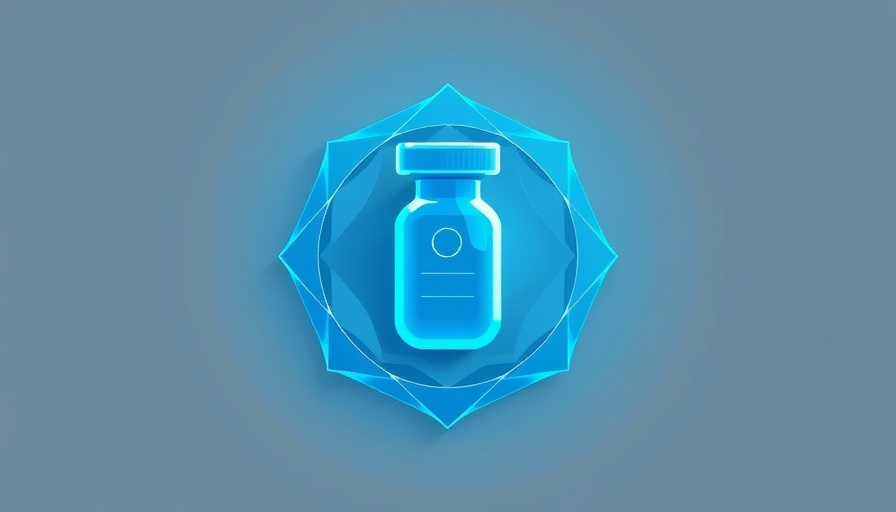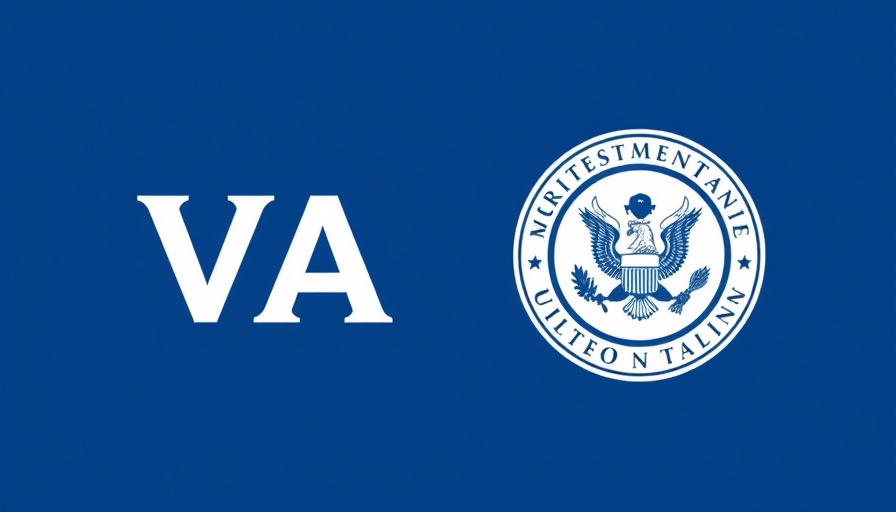
Understanding Opioid Use Disorder
Opioid use disorder (OUD) is a chronic condition that can significantly impact individuals and their families. It is characterized by the compulsive use of opioids despite negative consequences. Fortunately, this condition is treatable, and effective medications are available to help individuals regain control of their lives.
Effective Treatments for Opioid Use Disorder
Several FDA-approved medications are designed to reduce opioid cravings and withdrawal symptoms. These treatments are lifesaving tools that can help an estimated 80% of individuals who currently do not receive treatment. Medications like methadone and buprenorphine act on the same brain receptors as opioids but do so in a safer, more controlled manner, decreasing the overall risk of overdose. Naltrexone works differently; it blocks the effects of opioids, preventing the user from experiencing their euphoric effects.
Why Medication is Important
Despite the availability of these effective medications, less than 20% of individuals with opioid use disorder are receiving the care they need. This is concerning as these medications not only help with recovery but also greatly reduce the risk of overdose deaths and transmission of infectious diseases like HIV and hepatitis C.
Moreover, medications for opioid use disorder are deemed safe for use during pregnancy and breastfeeding, further emphasizing their importance in providing comprehensive support for all individuals affected by this condition.
Taking Steps Towards Healing
If you or someone you know is struggling with opioid use disorder, reaching out for help is the first step. Treatment options are available and being informed about the benefits of medications can make a significant difference. Advocate for the resources that can support your or your loved one's journey towards recovery.
 Add Row
Add Row  Add
Add 




 Add Row
Add Row  Add
Add 


Write A Comment